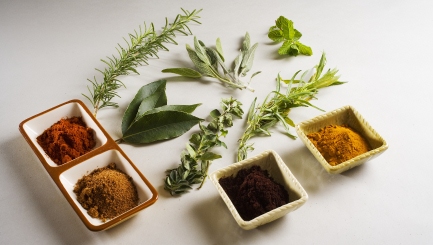
The ban has been reversed, however, which will now allow products containing Berberine to be distributed in the UK, as the re-introduction of Berberine will commence. Scientists now believe that this substance does not affect wellness or wellbeing, and the reversal of the ban has been hailed as great news by Chinese medical practitioners.
The announcement was made that medicines that come in capsule form, powders, granules or liquids will be the first types that are available on the market, although they will still come with labels that advise against their use in infants who are suffering from G6PD deficiency, as well as pregnant women or women who are currently breastfeeding.
The Health Sciences Authority (HSA) will then look at increasing this reversal of the ban to include Chinese herbs containing Berberine by 2015. This staggered approach is due to the fact that levels in herbs are harder to control, as their potency really depends on which country they were harvested in.
Most commonly, these herbs are used for treating stomach problems due to their ‘heat-clearing’ and ‘dampness-drying’ abilities. Practitioners commonly use less effective remedies such as cape jasmine fruit and Chinese gentian root for these problems, but will be delighted by the reversal of the ban, which will allow them to include products containing Berberine in their prescriptions.
